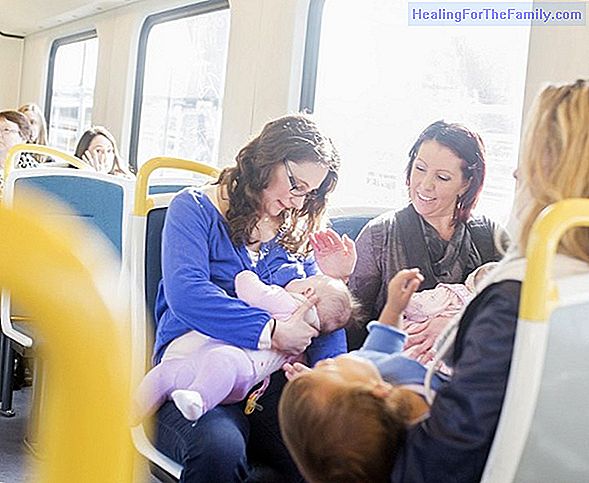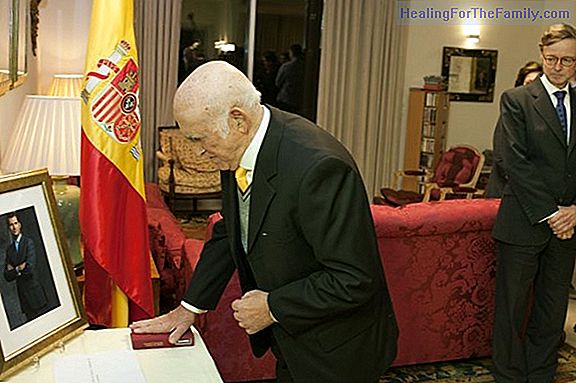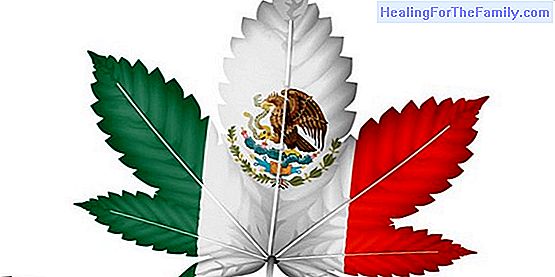How to teach children the true value of things
Many parents tend to cater to their children, giving and giving them everything they demand without limits. To act in this incoherent way on the part of the parents causes that in their children there appears a sickly need to consume that leads to a permanent dissatisfaction. Acting in such a way ca
Many parents tend to cater to their children, giving and giving them everything they demand without limits. To act in this incoherent way on the part of the parents causes that in their children there appears a sickly need to consume that leads to a permanent dissatisfaction.
Acting in such a way can have negative consequences in the emotional development of children and in their education of values, reducing the importance of effort or generosity.
Having many things in childhood is not the same as being happy

Therefore, it is important that from infancy they are taught the true value of things, which is not the material cost, but the effort that costs to achieve it. Thus, children will appreciate everything that surrounds them and at the same time learn to be organized with their things, respect the things of others, and above all, not need so much.
All parents seek the happiness of their children above all things, but in the type of society in which we live there are factors such as: La - Lack of time to spend with children.
Due to extended work schedules, the lack of time available to parents to be with their children is common. This makes you feel bad for not being able to share your time with them. What it means that the parents as compensation compensate the demands of the child without limits. - Special importance to consumerism.
In developed countries like ours, it is sometimes difficult to discern between what we really need, and what we buy compulsively influenced by advertising that encourages us to live beyond our means. Children are a reflection of what they see and the adults they live with. Parents are the role model and assimilate their behaviors. Thus, if the adults in the environment have everything that is announced, the child wishes the same for him. - Competitive education where the best is the one that has more.
Within society, consuming is one more activity, an important activity, almost a way of being and being in a community where the material, that is, "having" or "not having" is what indicates the status of person. Due to these factors it is complicated that adults do not make mistakes and deviate from the path towards the search for the real happiness of their children based on love, shared experiences, love and understanding. How to know the value of things to children
To learn to value what you have, the best learning is to teach your children that you can not get everything you want just by asking. You must have patience, deserve it and strive to achieve it. Some tips to get it:
- The treasure box.
Have the children have a box where they can keep their memories. That is, a space where you can collect things that mean something to him, such as: an entrance to a site he visited, something he will find in a family walk, etc. - Every reward is for something.
Avoid giving as gifts. That every gift has a positive meaning that goes beyond the material. - Lead by example.
Parents are role models in the education of their children. Let them see that it is only bought out of real need and that the belongings are taken care of. By observing they learn almost without realizing it. - Manual gifts.
Accustoming them to make crafts to give as a gift is very enriching. The gift is endowed with an emotional meaning that makes it not remain in something material.












